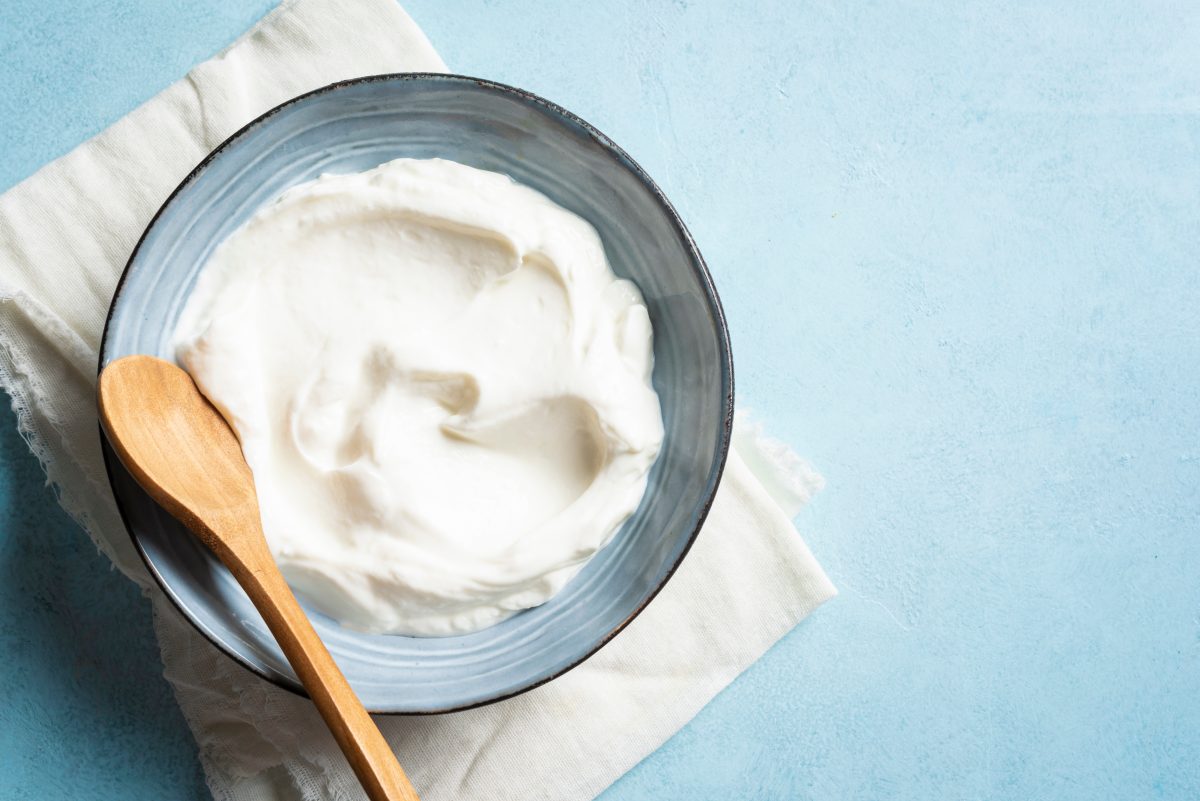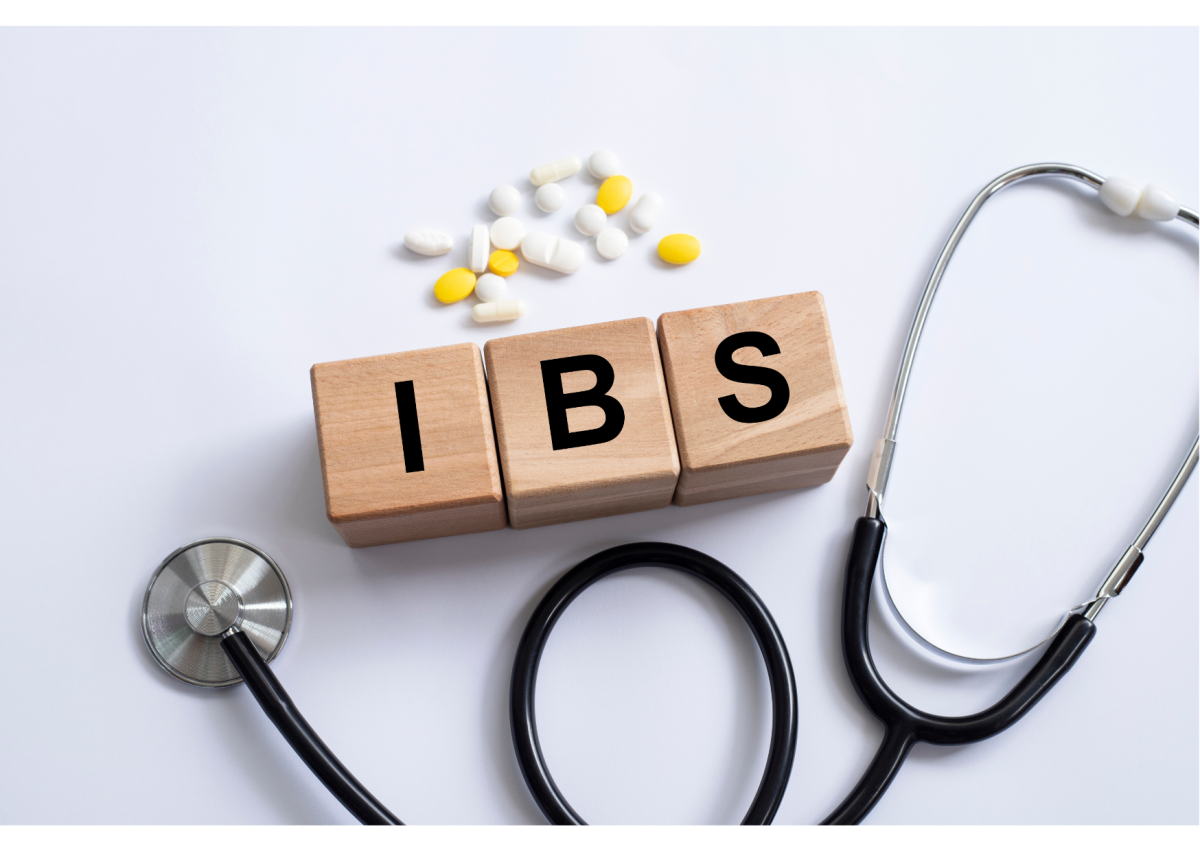Is yogurt good for IBS? A dietitian breaks down the research
- Dietary Advice (non Low FODMAP)
Is yogurt good for IBS? When learning about IBS, this is an understandable question, and you have come to the right place to figure it out!
You may have read that yogurt contains good bacteria that can help with your IBS symptoms; however, you may also have noticed that some yogurt is high FODMAP.
This may be confusing. Therefore, this article aims to explain why yogurt is good for IBS, the current research and yogurt on the low FODMAP diet.

Why can yogurt help my IBS?
Researchers believe yogurt effectively improves IBS symptoms, such as bloating and gas because it contains live bacteria.
A probiotic contains good bacteria that benefit the gut microbiome and overall health when eaten in sufficient quantities.
If you want to learn more about the relationship between probiotics and IBS, read our fabulous blog, “Probiotics for IBS.”
Is yogurt good for IBS?
Yogurt could be good for IBS.
It is a good source of calcium, and some studies have shown that the good bacteria it contains can enhance intestinal health and overall anti-inflammatory responses [1].
The fermentation of heated milk with the addition of the bacteria Streptococcus thermophilus and Lactobacillus bulgaricus allows yogurt to be probiotic [2].
However, yogurt’s effectiveness as a probiotic depends on the number of microbes present and whether they are alive upon consumption [3].
Due to this variability between products, in the UK and EU, there is no legal definition of a probiotic product, and yogurt cannot be labeled as a probiotic [4].
In the US, companies can voluntarily put a “Live and Active Cultures” seal on packages to show that their yogurt meets a specific number of live microbes when it was made.
However, again, this does not guarantee that you will eat the same amount upon consumption due to storage conditions or the yogurt’s production process.
What has research found about IBS and yoghurt?
While many studies examine the effects of general probiotics on IBS symptoms, it is harder to track down studies that specifically examine the effects of yogurt.
One study, carried out by Lee et al. (2013), studied the effects of probiotic yogurt on symptoms and intestinal microbiota in patients with IBS [5].
They conducted a placebo-controlled, double-blind, randomized study on individuals aged 18-80 years with a Rome-III diagnosis of IBS.
Compared to the placebo group, there was a significant difference in some IBS symptoms among participants who consumed 130ml of plain yogurt twice a day.
They found a 42% reduction in abdominal pain, a 50% reduction in constipation, and a 10% increase in bowel movements.
Despite promising results from this study, it should be noted that it was conducted nine years ago and that the participants all came from one hospital in South Korea.
Therefore, the results found in this study may not be suitable for other populations and would need to be repeated for higher accuracy.

Can I have yogurt on a low FODMAP diet?
You may be wondering whether probiotic yogurt can play a part in your low FODMAP diet.
Most dairy-based yogurts contain lactose, a fermentable disaccharide classed as a FODMAP.
Therefore, yogurt is a high FODMAP product and cannot be eaten on your low FODMAP diet.
If you eat yogurt as part of your balanced diet and would still like to follow a low FODMAP diet, check out our thorough article “Can you buy low-FODMAP yogurt?”
In the re-introduction phase of your low FODMAP diet, you may find that you are able to tolerate some yogurt. If so, you can incorporate yogurt to tolerance in your normal diet.
Summary
Yogurt with a sufficient amount of good bacteria is classified as a probiotic, and there is evidence that it can help improve your IBS symptoms when eaten regularly.
Unfortunately, yogurt cannot be eaten on a low FODMAP diet. However, if you can tolerate yogurt in the re-introduction phase, yogurt can contribute to a balanced diet.
Yogurt is a great source of calcium and protein regardless if it alleviates your IBS symptoms or not, so enjoy!
Written by Stella Gordon, Student Dietitian, reviewed by Kirsten Jackson, Consultant Dietitian BSc Hons, RD, PG Cert